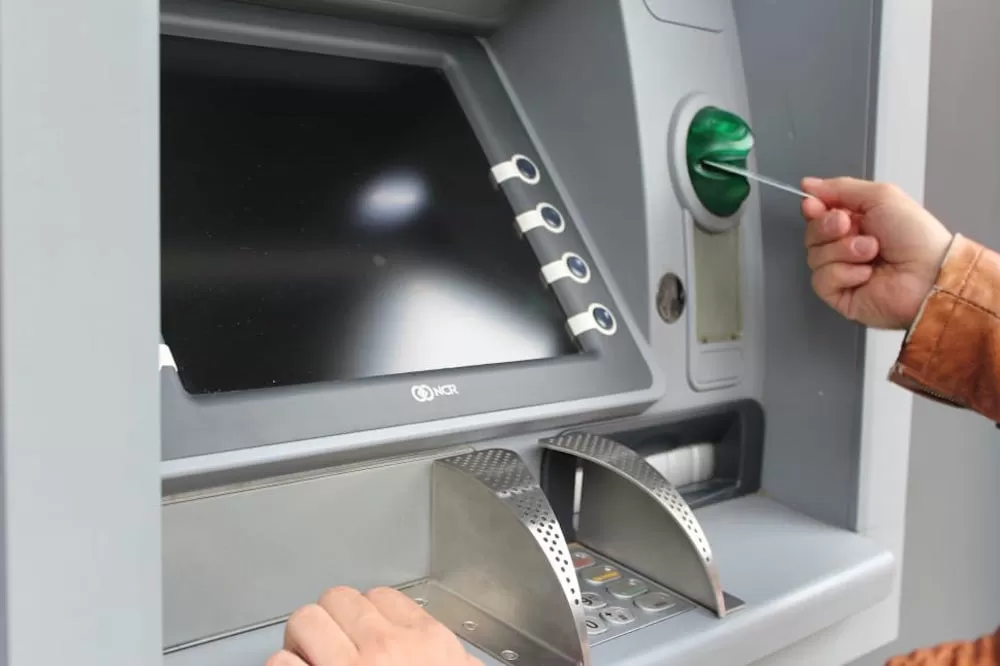
The legal restrictions surrounding setting up a bank account in Greece is a little tricky. While there are technically no rules barring non-residents from opening a local account in the country, it will depend on the banks themselves. Furthermore, one of the most common required documents to open up a bank account in Greece is a local tax number, which you can only get if you're employed and a taxpayer here. However, some international banks that have branches in Greece still allow you to open up an account with them no matter your status.
It's normal for those moving to Greece to want to set up their local bank accounts from their own home nations so that it'll be all done by the time they land in the country. However, the standard process here doesn't work that way. Most banks in Greece will require your physical presence, asking you to show your passport or any other valid ID as well as requiring you to sign your documents. Though you can still do most of the process online, or hire a local attorney to do most of the work for you. But in the end, your physical presence is required to finish the process and activate your account.

So, you already know that a local tax number and a valid ID (with your signature) are required documents to set up a local bank account here in Greece. But what more do you need to show? Proof of address, your tax returns from your previous country of residence, proof of income, and if you can, a reference from your previous bank. For your proof of address, you can simply show your utility bill or rental lease. You can also show your certificate of employment or part of your employment contract as proof of your income.
As with any other banks in most countries. Greek banks impost certain fees. The most you have to worry about are ATM fees. You will be charged a fee every time you use an ATM machine that's not from your bank. The amounts differ from bank to bank, but they're charged automatically when you withdraw, making it easy for you to overlook it, so always be wary of them. There are also fees for transferring money internationally, even when you use online platforms to do so. And like ATM fees, the amounts charged differ from bank to bank. Always read the fine print of the contract you'll have with your local bank.
Finally, which banks should you go for in Greece? As the saying goes: the bigger the better! It's more suitable for expats to go with the largest Greek banks because, more often than not, they cater to foreign residents as well. Piraeus Bank, for example, also operates in English and has an easy-to-understand online platform. Alpha Bank, on the other hand, is known for its loan products to assist many people financially. They, too, have a strong online platform that comes in English. And finally, Eurobank, which also operates in English, has a lot of branches throughout the country. You're likely to find one near you!

When you move to Greece, whether it's a temporary or permanent stay, do not forget to set up an account with a local/international bank. You'll have an easier and hassle-free time managing your finance here if you have a local account!
Once you've gotten a better hold of your finance, you can finally invest in a luxurious Greek home here! You’ll also manage this better with a local bank account!